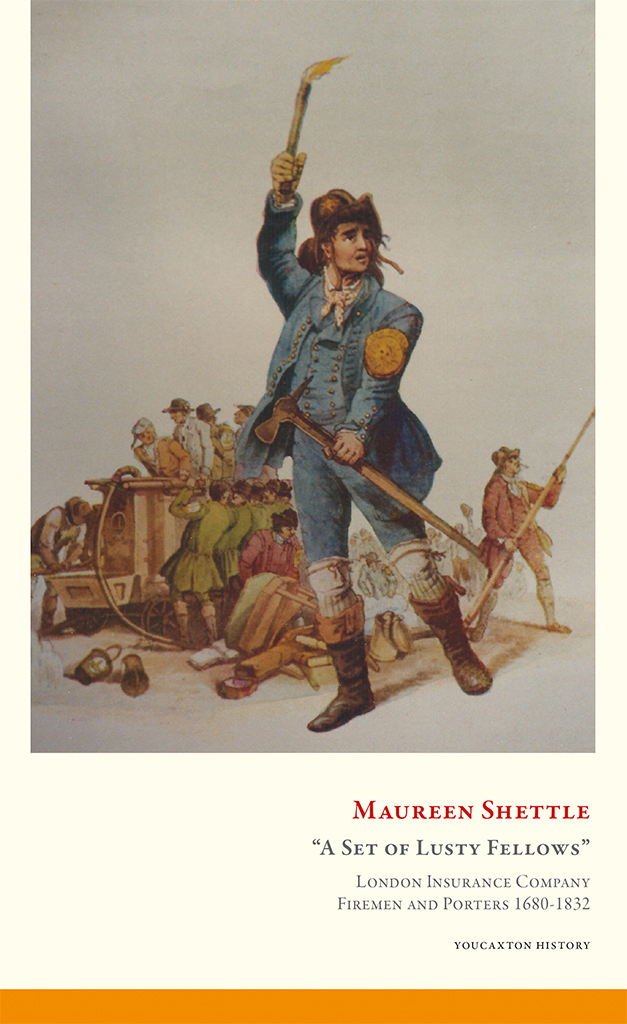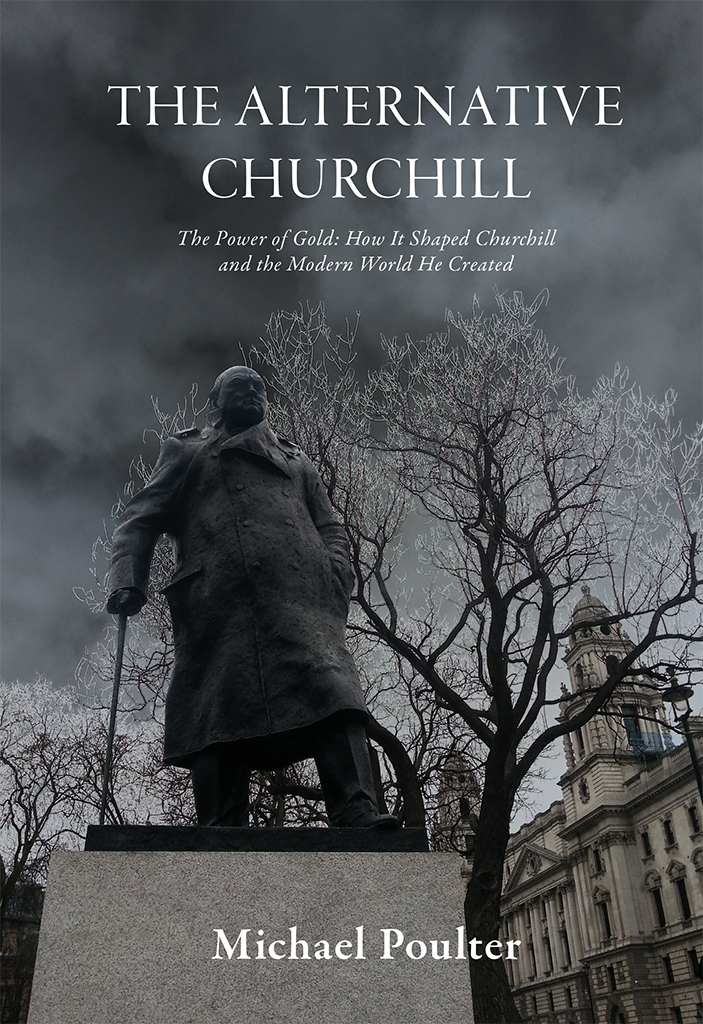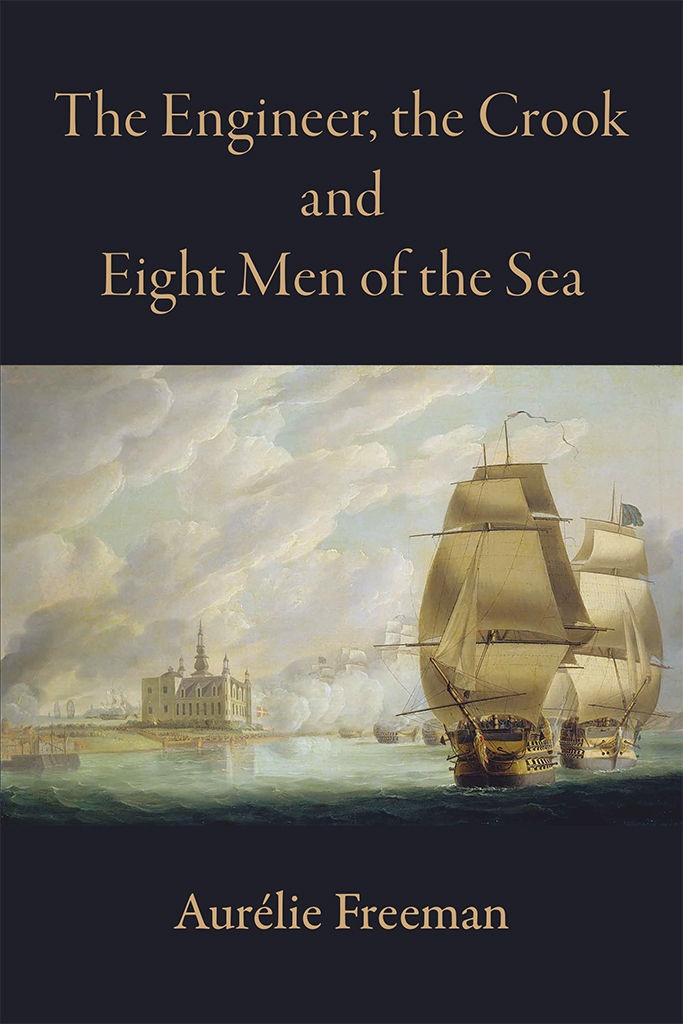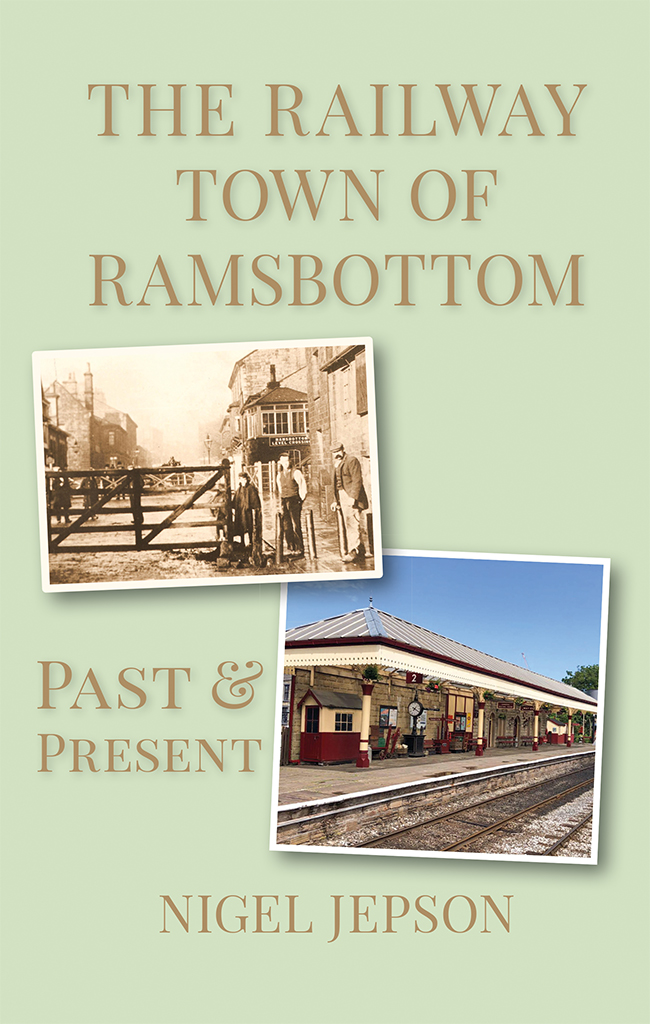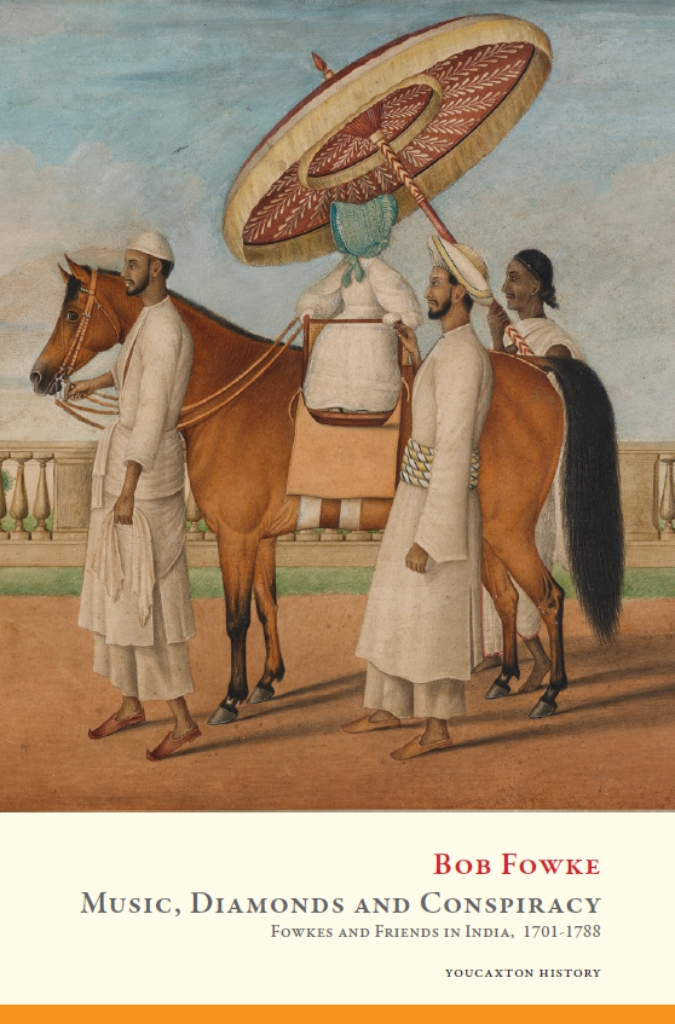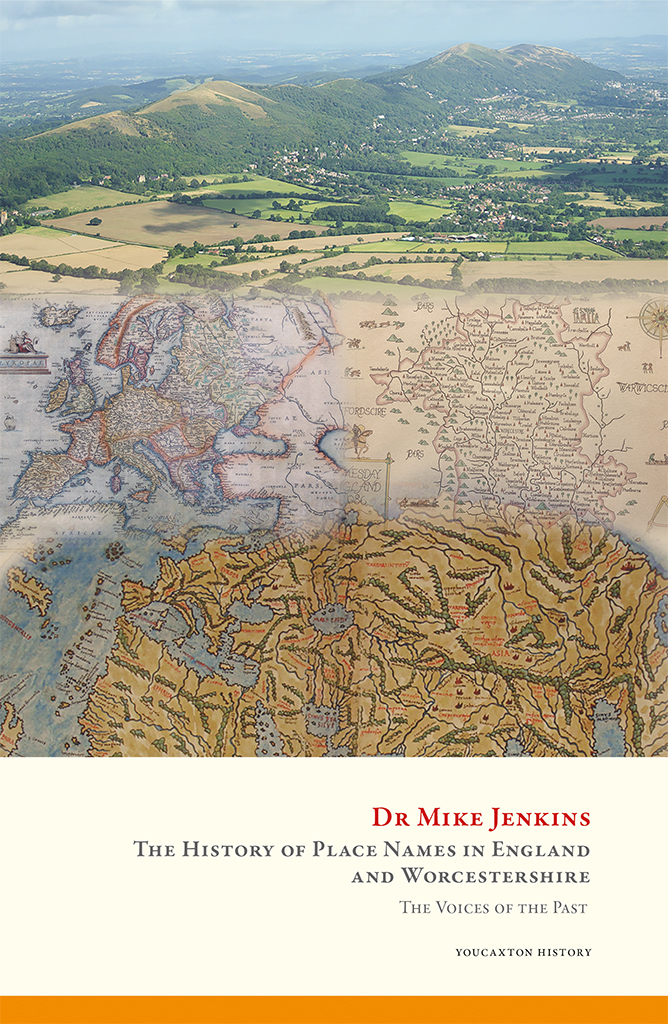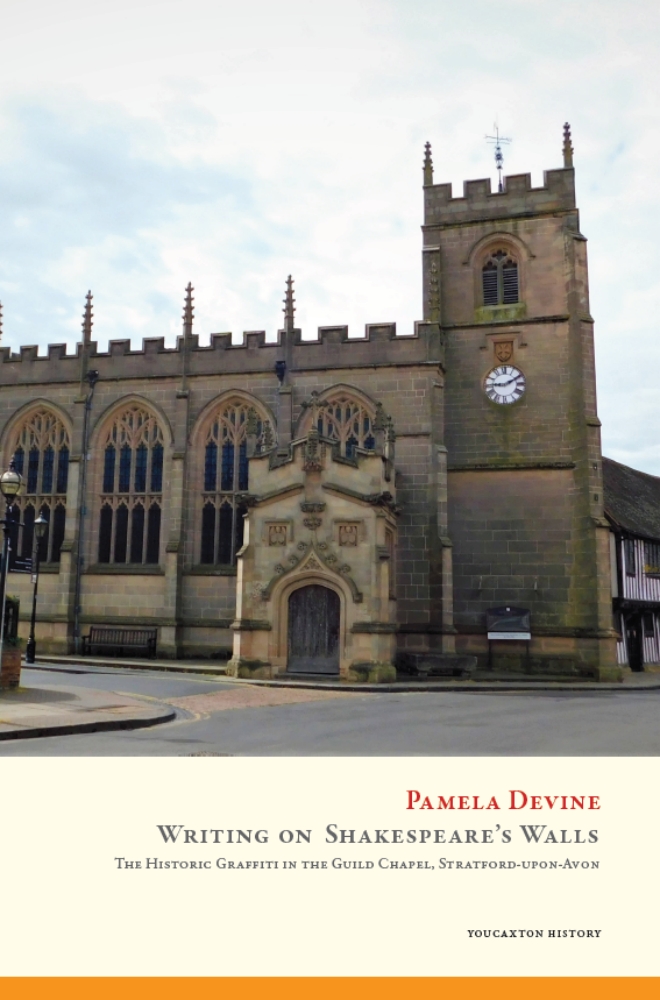
|
The Great British Bookshop |
|
Letters in a Suitcase by Douglas, Dorothy & Murial Heelas Edited by Arthur Harris Letters in a Suitcase offers a captivating window into the daily lives of three siblings – Muriel, Dorothy, and Douglas Heelas – during the tumultuous 1930s to 1950s, with a focus on the years from 1939 to 1948. Follow Douglas as he embarks on a remarkable journey, leaving school to join the army amidst the backdrop of World War II. From the British Expeditionary Forces in France to a chance encounter with Noel Coward and Leslie Howard in Paris, and the fateful Dunkirk evacuation, his experiences are nothing short of gripping. A harrowing shipwreck, capture by Japanese forces, and years as a prisoner of war in Thailand and Burma make for a truly extraordinary narrative. Meanwhile, Dorothy’s wartime service in the Auxiliary Territorial Service takes her from England to the far reaches of Southeast Asia. Her vivid letters recount her adventures, from dining at Government House in Singapore with Lord Louis Mountbatten to her subsequent assignment in the Central Mediterranean Forces in Italy. And not to be overlooked, Muriel, the music teacher, plays her own role in this compelling family saga, teaching in various locations including Broadstairs, St. Albans, and Switzerland. In Letters in a Suitcase, their correspondence unveils a poignant tapestry of 20th-century British social history, offering a unique perspective on the trials and triumphs of a remarkable era. |
